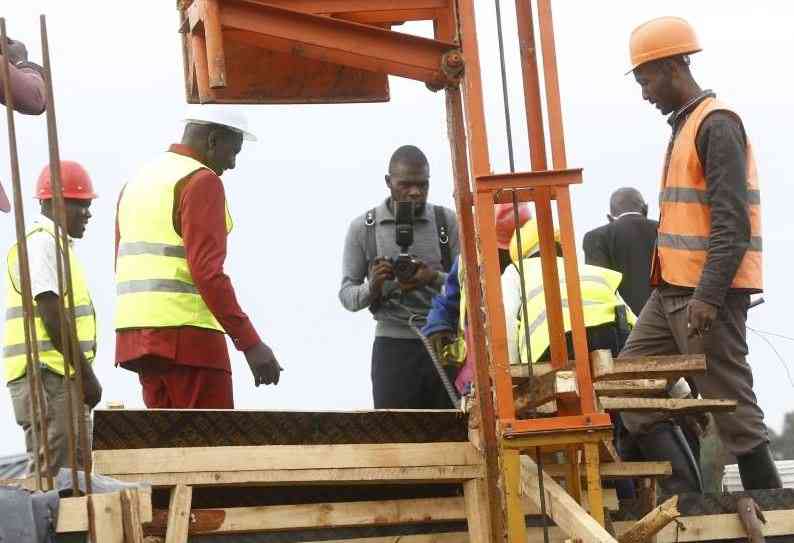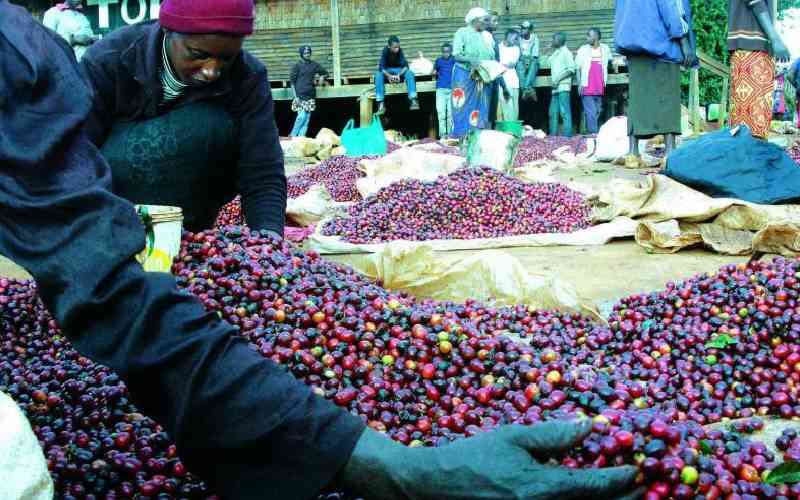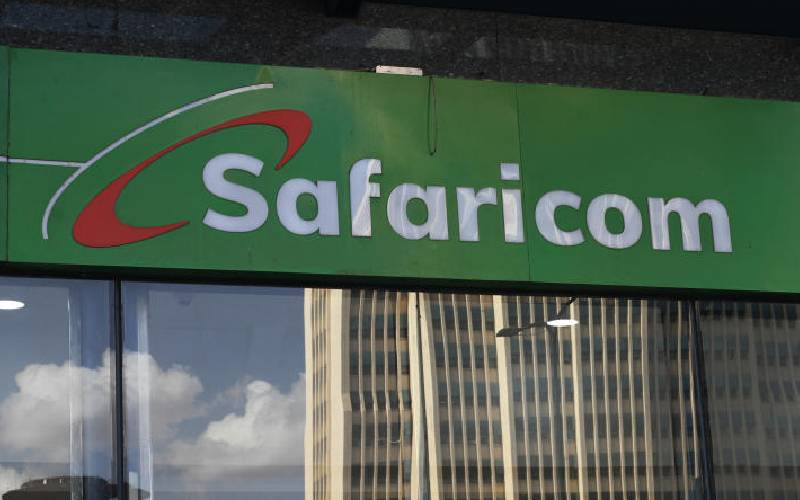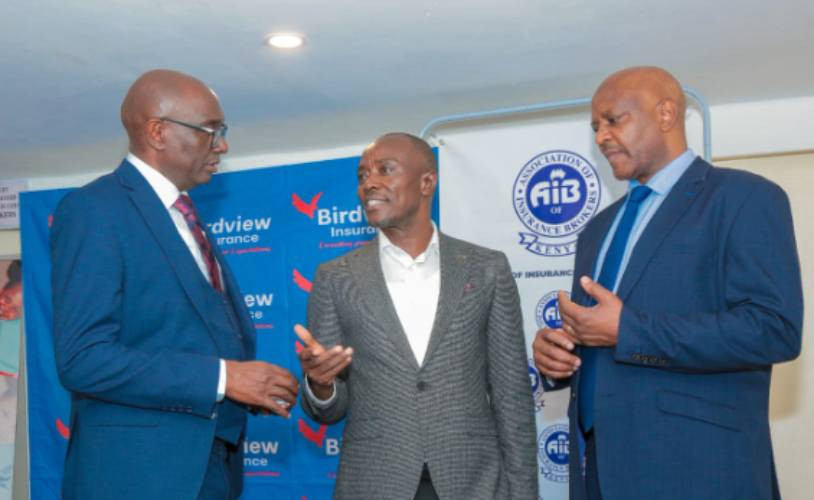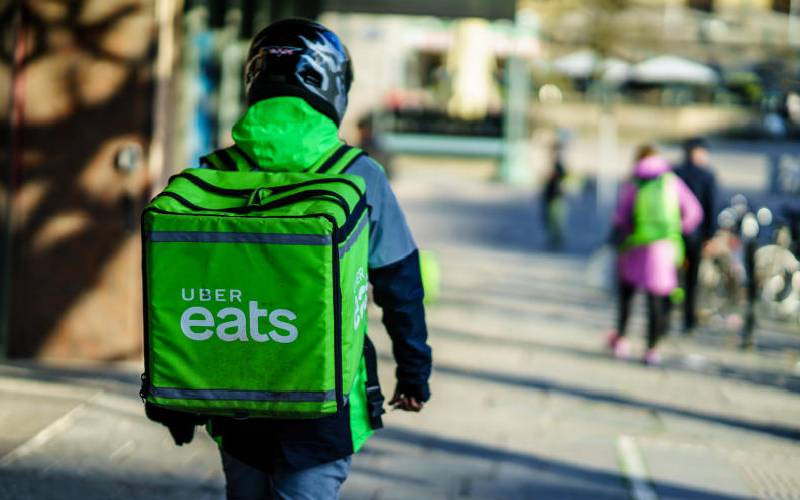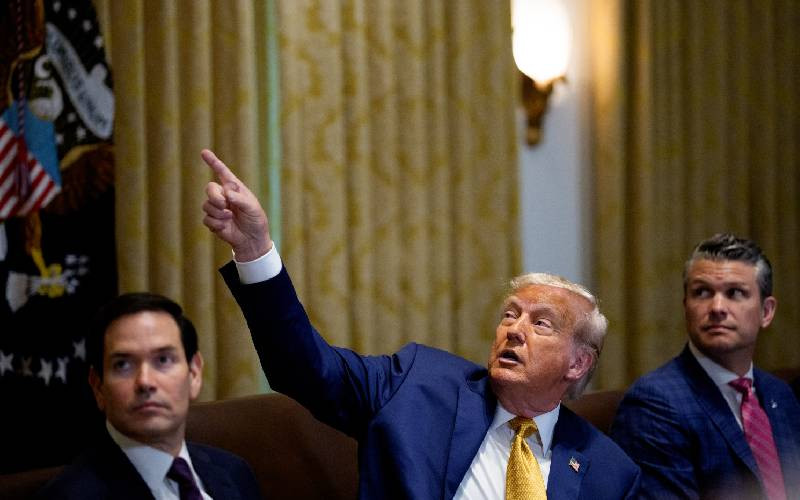
War-torn South Sudan has said it is looking after a group of eight criminal migrants controversially deported from the United States.
Only one of them is from South Sudan. The administration of US President Donald Trump is trying to move unwanted migrants to third countries as some nations refuse to accept returnees.
The rest comprise two people from Myanmar, two from Cuba, and one each from Vietnam, Laos and Mexico.
The decision has been fought in American courts.
"They are currently in Juba under the care of the relevant authorities, who are screening them and ensuring their safety and well-being," the South Sudanese foreign ministry statement said late Tuesday.
It did not give details, but said the "careful and well-studied decision" was part of "ongoing bilateral engagement".
"South Sudan responded positively to a request from the U.S. authorities as a gesture of goodwill, humanitarian cooperation, and commitment to mutual interests," it added.
United Nations experts, appointed by the UN Human Rights Council but who do not speak on behalf of the UN, have criticised the move.
"International law is clear that no one shall be sent anywhere where there are substantial grounds for believing that the person would be in danger of being subjected to ... torture, enforced disappearance or arbitrary deprivation of life," 11 independent UN rights experts said in a statement.
The deportees left the United States for South Sudan in May but their flight ended up in Djibouti when a US district court imposed a stay on third-country deportations. That ruling was overturned by the Supreme Court earlier this month.
The group arrived in South Sudan on June 5 with an official, speaking on condition of anonymity, saying they had been returned by US Marines.
Foreign ministry spokesperson Apuk Ayuel Mayen said Juba maintains a strong commitment to its people, including "its nationals returning under any circumstances" and "persons with recognised links to South Sudan".
Simmering rivalry between South Sudanese President Salva Kiir and his vice-president Riek Machar boiled over into open hostilities in March.
The tensions have raised fears of a return to full-scale war in the world's youngest country, where a civil war killed some 400,000 people in 2013-2018.
Stay informed. Subscribe to our newsletter
